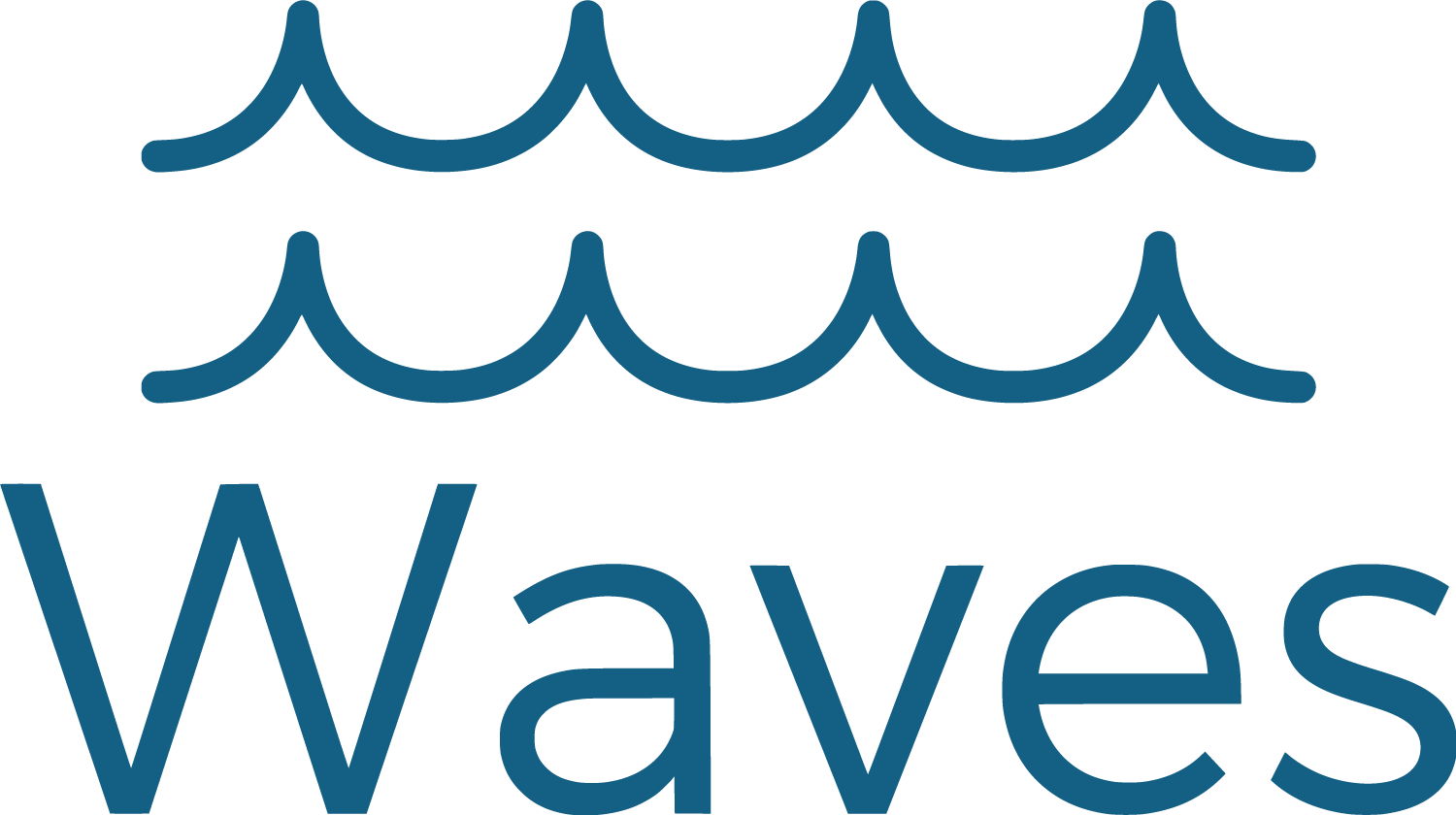Transcript for Go Wish Vlog
by Kelly Hutton, Registered AMFT
0:00 Hi, my name is Kelly Hutton. I'm a registered associate marriage and family therapist here in California and I've been thinking a lot about values lately.
0:11 It's been a theme coming through, especially not uncommon and grief work, but also how are our values change over time and what we might need at certain times in our lives and how that shows up in relationships are personal health.
0:32 And just how we show up in the world and this is especially true at the end of life. When a lot of times when when people are diagnosed with terminal illness or maybe neurocognitive or degenerative diseases, maybe like dementia or Parkinson's disease or the like you know, patients can can
1:00 feel really overwhelmed and get lost and not sure where to start or, you know, afraid to kind of speak up about their voice and even when families are close, it can be tough to talk about, you know, what are your plans?
1:14 What kind of treatment do you want? For your diagnoses and for managing your care because it can be a doozy.
1:24 It's wrapped up in a lot of emotions and also really questions about who you are and values and all of that.
1:30 So the good news is that there are tools out there that that y'all can use in order to help start that conversation to make sure you're on the same page.
1:45 And you can also use it to talk to a medical social worker therapist your doctors all the way across the board and one of them in particular is a game called go wish.
1:59 Here's the. The fact that it's a, it's a, it's a card game if you will not to win anything. What have you, but certainly way to categorize what your priorities are.
2:22 So on the, in this deck, there are lots of different topics about what might be important to you. And you're decisions in your health and maybe even getting affairs in order.
2:38 And a couple of them, I'll just pull them out of the deck here are like the top one it says to be able to talk about what scares me.
2:49 Another one is to have friends close friends near people went out of middle of the deck to, to say goodbye to important people in my life.
3:00 To be able to trust your doctor to be free of anxiety, maybe, maybe want to help others. And there's also a wild card in here too, so we don't, you know, limit your voice.
3:38 So, we don't have to be able to get the voice from your doctor to help you, and then you start to prioritize, make one pile of like your collection of like what's very important, like the top, and then the other pile below is, what's not as important or just somewhat important.
3:57 Then the next step is that you take two or sorry, like the top five of each of those, and that's where you can start and start to tell people your doctor or whomever.
4:10 So, what's, you know, what you can, what you'd like, and how you like your care to be. So, this is like from the patient's perspective.
4:19 The other thing you can do is play where it's with two decks where you have it say with your loved ones or family members, and they try to guess as best as they can from what they know of you as to what your priorities might be, or what you might say, and then you do the same map that you just did solitary
4:38 , and then you have a conversation about what it matches up, and what does it. So, and you go from there.
4:46 There's also electronic version that I'll put a link in, and this is what I use in session with clients. So, hopefully this is helpful.
4:54 Thank you.

